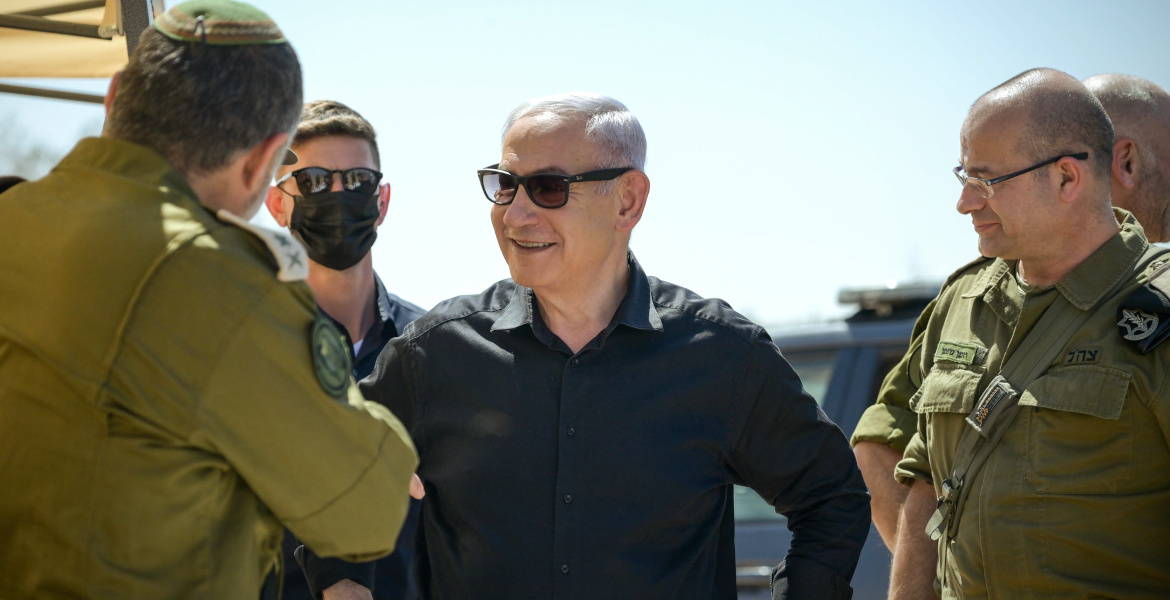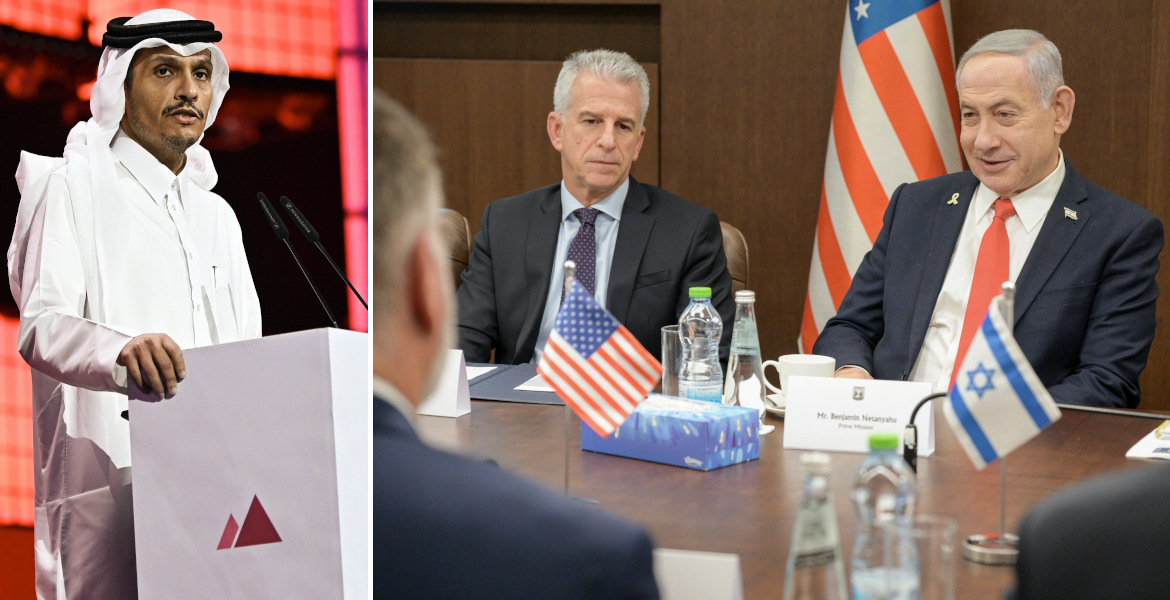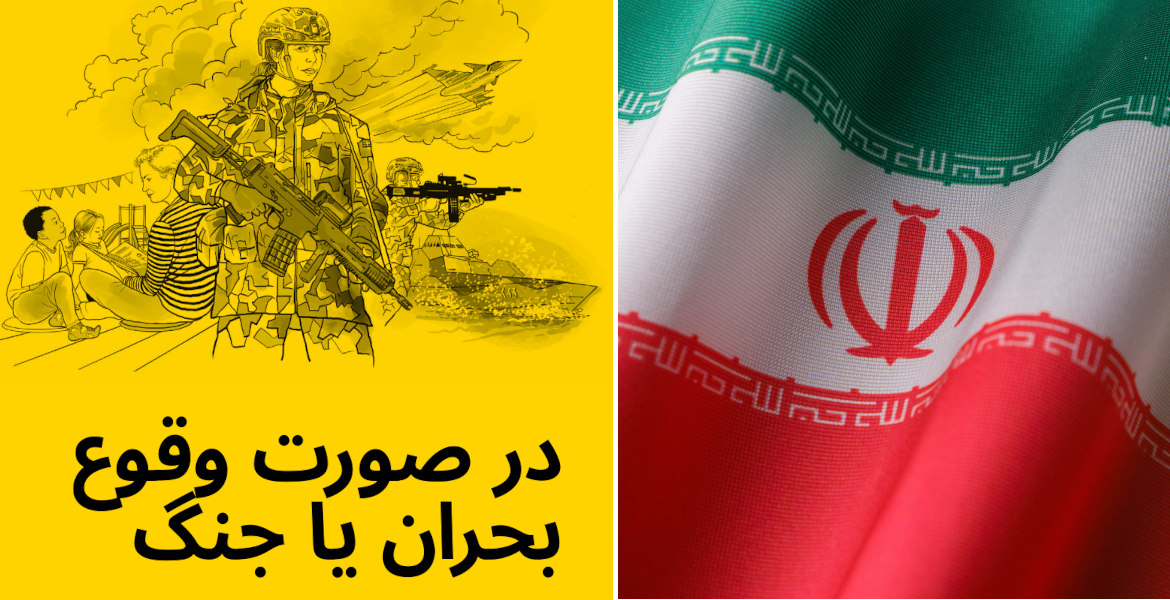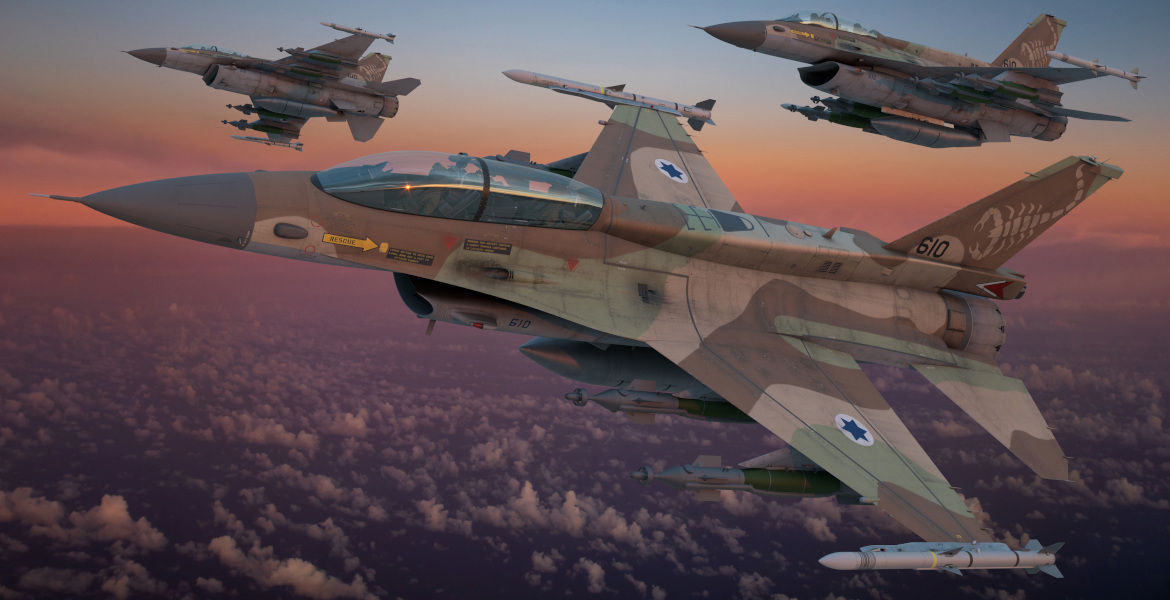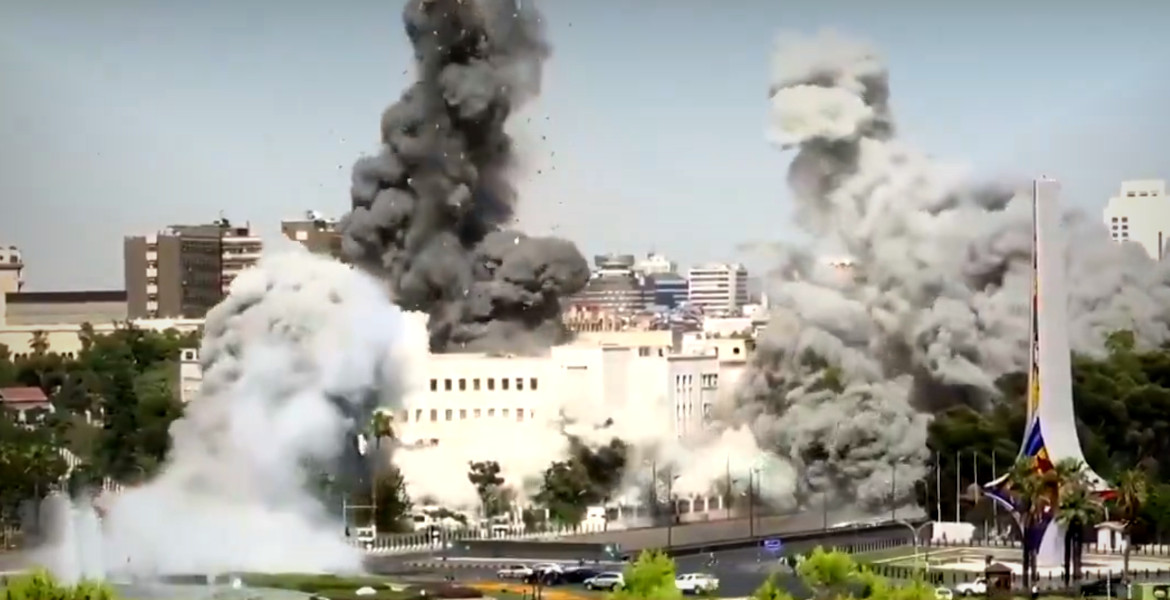The Israeli military has introduced new strict censorship guidelines that severely restrict local media from reporting on missile and drone attacks on Israeli territory.
In a circular titled "Rising Lion – IDF Censor Guidelines for Media Coverage of Attack on the Israeli Home Front", Israel's chief censor, Brigadier General Kobi Mandelblit, orders editors to take "strict measures" when reporting on missile and drone attacks.
The document warns that details about attack positions, air defense operations, or damage assessments could "assist the enemy" and constitute "a tangible threat to state security".
According to the directive, media outlets are now prohibited from:
• filming or broadcasting images from impact sites, particularly near military installations
• use drones or wide-angle cameras in impact areas
• reveal the exact addresses of affected areas near security installations
• broadcast images of defense missiles being launched or missiles being shot down.
The directive also prohibits the sharing of videos from social media without prior censorship, with warnings that some images may be "enemy-generated fake news".
Israel orders media blackout to hide scale of Iranian strikes
Statement issued by the Israeli government and the Military Media Censorship Authority@Slavyangrad pic.twitter.com/xUzQN1uZOf
— Zlatti71 (@Zlatti_71) June 16, 2025
Risk of exposing weaknesses
The new censorship rules are being introduced after a wave of real-time reporting on Israeli attacks inside Iran. In recent days, Iranian and international channels – including Al Jazeera and several social media profiles – have broadcast live images of attacks on Israeli targets, particularly the missile attack on the port of Haifa.
There is now concern within the Israeli military that similar live broadcasts at home could reveal weaknesses in Israel's defenses.
The tightened media controls follow Iran's missile attack on Sunday against Israel's Weizmann Institute of Science, a research center linked to advanced military technology, including artificial intelligence, drone warfare, and nuclear research. Iran considers the attack retaliation for Israeli strikes against its nuclear and military infrastructure.
Israel's censorship measures have drawn criticism from several quarters, with analysts warning that the new rules could severely limit public access to information and make it more difficult to follow the conflict. This could make it much harder to assess the damage, defense measures, and the extent of the attacks.
At the same time, Israel's military censorship has long been known to be very strict. Media outlets often have to have their material reviewed by the army's censorship unit before it is allowed to be published, which has made it difficult to report on Israeli abuses in Gaza, among other things.
